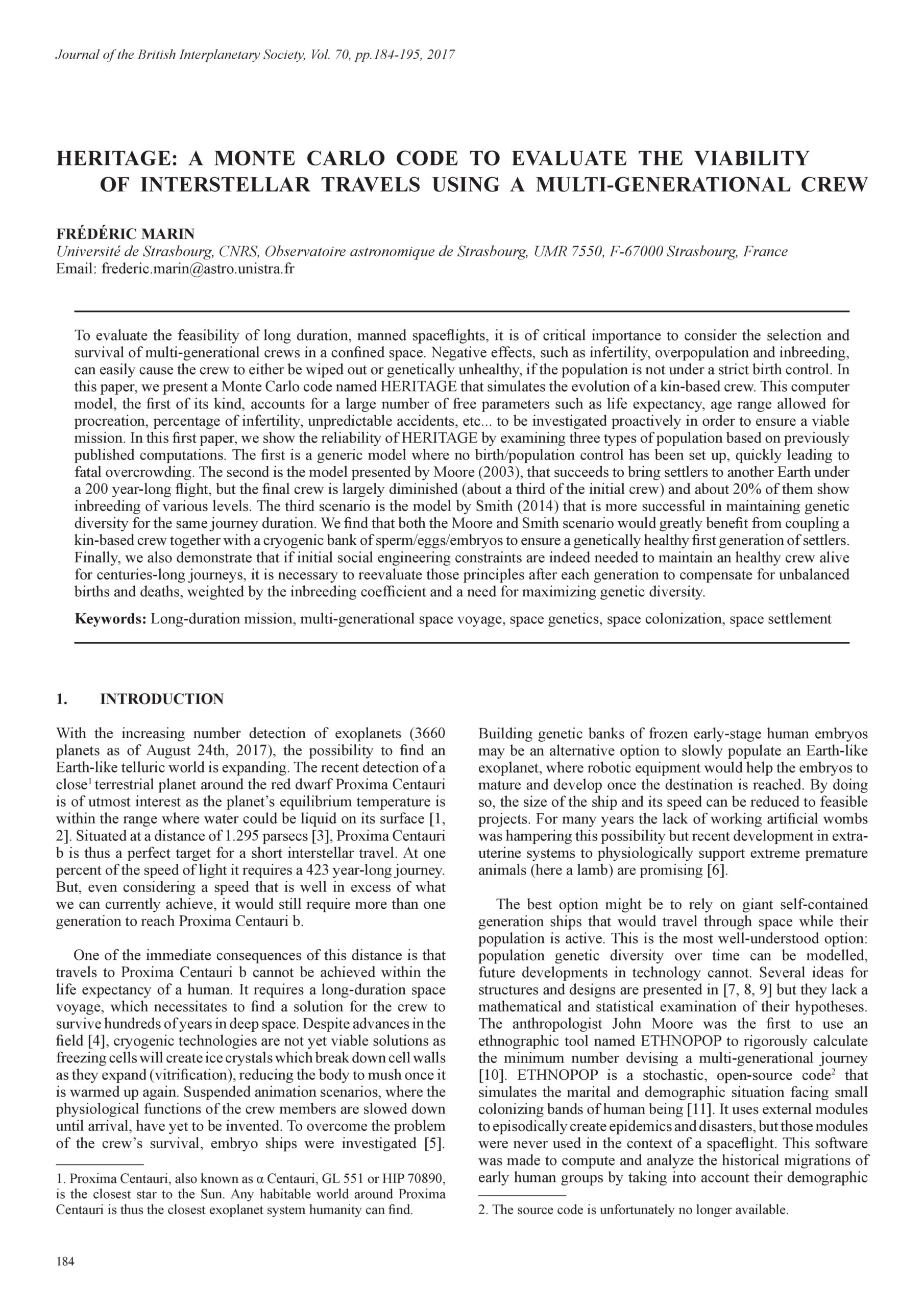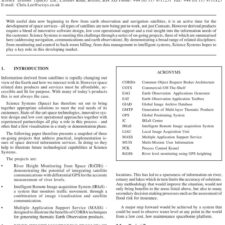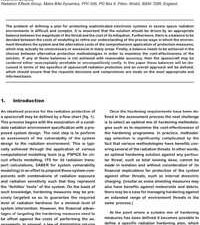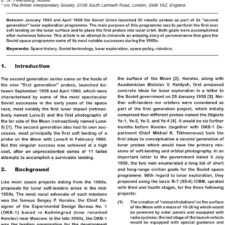HERITAGE: A Monte-Carlo Code to Evaluate the Viability of Interstellar Travels Using a Multi-Generational Crew
£5.00
F. Marin (2017), JBIS, 70, pp.184-195
Refcode: 2017.70.184
Abstract:
To evaluate the feasibility of long duration, manned spaceflights, it is of critical importance to consider the selection and survival of multi-generational crews in a confined space. Negative effects, such as infertility, overpopulation and inbreeding, can easily cause the crew to either be wiped out or genetically unhealthy, if the population is not under a strict birth control. In this paper, we present a Monte Carlo code named HERITAGE that simulates the evolution of a kin-based crew. This computer model, the first of its kind, accounts for a large number of free parameters such as life expectancy, age range allowed for procreation, percentage of infertility, unpredictable accidents, etc… to be investigated proactively in order to ensure a viable mission. In this first paper, we show the reliability of HERITAGE by examining three types of population based on previously published computations. The first is a generic model where no birth/population control has been set up, quickly leading to fatal overcrowding. The second is the model presented by Moore (2003), that succeeds to bring settlers to another Earth under a 200 year-long flight, but the final crew is largely diminished (about a third of the initial crew) and about 20% of them show inbreeding of various levels. The third scenario is the model by Smith (2014) that is more successful in maintaining genetic diversity for the same journey duration. We find that both the Moore and Smith scenario would greatly benefit from coupling a kin-based crew together with a cryogenic bank of sperm/eggs/embryos to ensure a genetically healthy first generation of settlers. Finally, we also demonstrate that if initial social engineering constraints are indeed needed to maintain an healthy crew alive for centuries-long journeys, it is necessary to re-evaluate those principles after each generation to compensate for unbalanced births and deaths, weighted by the inbreeding coefficient and a need for maximizing genetic diversity.





